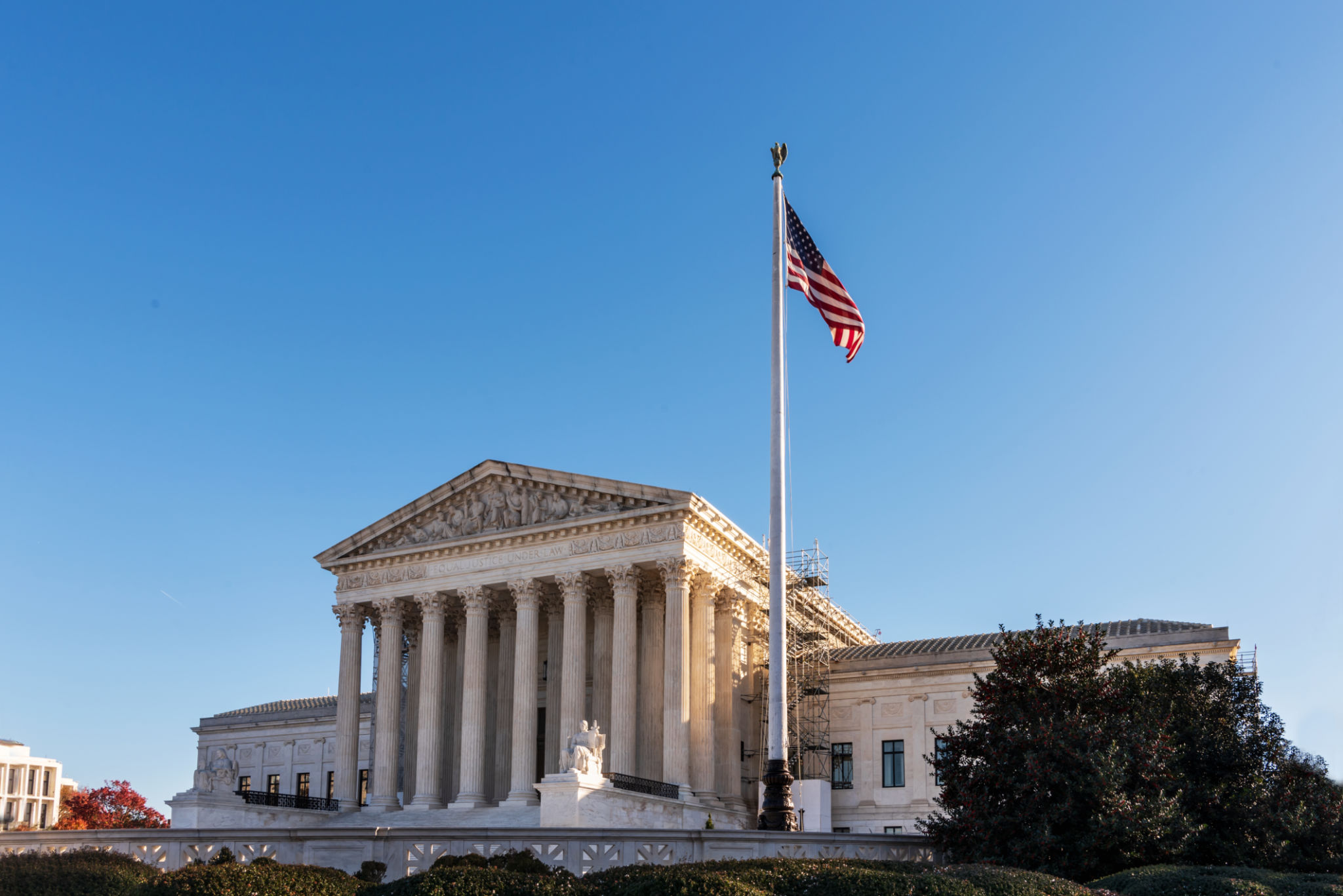Case Study: Successful Supreme Court Arguments on Native American Travel Rights
Introduction
The United States Supreme Court has played a pivotal role in shaping the landscape of Native American rights, especially concerning travel and sovereignty. This case study examines landmark cases where successful arguments were made, ultimately enhancing travel rights for Native American tribes.
These cases not only highlight the intricate relationship between federal and tribal laws but also underscore the resilience and determination of Native American communities in asserting their rights. The outcomes of these cases have set significant precedents, influencing policies and fostering a greater understanding of tribal sovereignty.

Historical Context
Understanding the historical context is crucial to appreciating the significance of these Supreme Court decisions. The relationship between the U.S. government and Native American tribes has been complex, often marked by treaties that were not honored. These treaties originally granted tribes certain travel rights that were later restricted or ignored.
Over time, as Native American communities sought to reclaim their rights, legal battles became a primary avenue for change. The Supreme Court, as the highest judicial authority, became a critical arena for these disputes, where tribes aimed to reaffirm their inherent rights under historical treaties.
Key Case: McGirt v. Oklahoma
One of the most significant cases in recent history is McGirt v. Oklahoma. In this landmark decision, the Supreme Court ruled that much of eastern Oklahoma remains Native American land, as recognized by historical treaties. This ruling had a profound impact on travel rights, as it affirmed the jurisdictional authority of tribal governments over their lands.

The decision in McGirt v. Oklahoma was not merely about land but also about the acknowledgment of tribal sovereignty. It emphasized that treaties must be honored, thus reinforcing the travel and jurisdictional rights of Native Americans in the area.
Implications of the Rulings
The rulings in cases like McGirt v. Oklahoma have far-reaching implications. They have strengthened the legal foundation for Native American travel rights and sovereignty, serving as important legal precedents for future cases. Furthermore, these decisions have fostered a renewed sense of empowerment among tribes, encouraging them to continue advocating for their rights.
Such legal victories also contribute to greater awareness and respect for Native American legal standings among state and federal entities. As a result, these cases have paved the way for more cooperative relationships between tribal governments and other governmental bodies.

Challenges and Future Prospects
Despite these successes, challenges remain. Many tribes continue to face obstacles in fully exercising their travel rights due to ongoing legal disputes and differing interpretations of existing laws. However, the precedent set by successful Supreme Court arguments provides a solid foundation for addressing these issues.
Looking ahead, it is crucial for both Native American communities and legal advocates to remain vigilant and proactive. By continuing to leverage these legal victories, there is potential for further advancements in securing comprehensive travel rights for all tribes.
Conclusion
The successful Supreme Court arguments on Native American travel rights mark significant progress in acknowledging and respecting the sovereignty of Native American tribes. These legal battles are not just about affirming rights but also about honoring historical treaties and fostering a more equitable relationship between tribes and the U.S. government.
As we reflect on these case studies, it is clear that the journey towards full recognition and respect for Native American travel rights continues. The lessons learned from past successes will undoubtedly guide future efforts, ensuring that the voices of Native American communities are heard and respected in the highest courts.